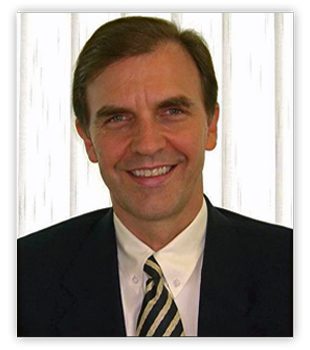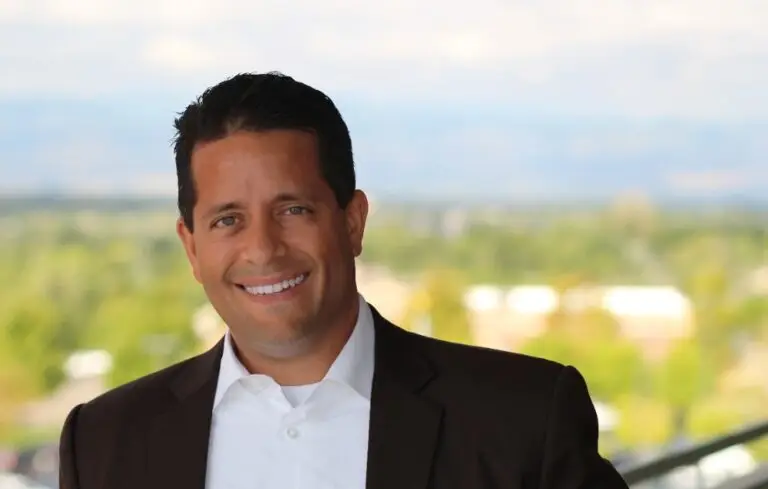
Douglas Gerber was working his way the corporate ladder at PepsiCo when he got career advice from a larger-than-life figure in the world of management consulting.
“I had a seminar with Marshall Goldsmith…I was a general manager at the time. He said to me, ‘Douglas, you should be a coach.’ I laughed it off. Why would I be a coach? Five years later, I became a leadership team coach. He planted the seed,” says Gerber, who is the founder and CEO of FocusOne, which helps companies develop and build high performance teams.
Gerber is located in Hong Kong and has been since his days with PepsiCo—the culture was vibrant and he decided it was worth staying. Chief Executive talked with Gerber about the differences between high-performing leadership teams in the U.S. and Asia as well as how to shift a group of leaders away from having a silo mentality.
Below are excerpts from this conversation.
What is the big difference between leadership in U.S. corporate teams and in Asia?
Asian corporate teams, it’s a little bit easier for them to move into a collective mindset because culturally speaking they are a little bit more collective in their mindset already. In the West, people tend to be more individuals. If you can get them to see the need for a collective mindset, they really get it and they really do it well. This brings up a very interesting point. Leaders may find they have a good team, but most members are stuck in this area called silo mentality.
Silo mentality is where all the team members come to the table and their own silos, their own department interests, their own self interest and they’re not really thinking of the team’s interest. You have to take that silo mentality and shift it to team first. And that’s what leaders want. They want people to put the team first.
How do you get people to get away from a silo mentality?
People come to the table saying, “I’m in it for myself.” If you can show people that as a team, you’ll be more successful than if you’re working as a group of individuals, people start to get that. Second thing is you’ve got to create a sense of identity. For team sports at least, whether it’s NFL, the NBA or any other team sports, it’s the teams that win. It’s not just the stars. Same thing in business or corporate teams. Really high-performance teams is that sense of the team that wins. Once people begin to feel that and understand that, they never want to go back. What they realize is that working as a team is much more interesting, much more motivating than working as individuals with a silo mentality.
What are some of the industries that are guilty of having that silo mentality?
One of the biggest differences I would say is between consultants and professionals such as lawyers and accountants vs. industry. Industry you have more hierarchy. It tends to be easier to get people aligned because you have a leader that leader has some degree of authority and some degree of power. So it’s easier to get them aligned than if you’re talking to a group of consultants or lawyers or an accountants. All the lawyers are highly qualified, they’re highly educated, and they may say, “Well, why do we need to come together as a team?” So there’s this big hurdle to get them to the point where they say, “Yes, let’s come together as a team.” But once they get there, once they realize that, then there they’re really committed.
What advice can you share with your fellow CEOs?
Leaders are only as good as the teams they build. Come to the realization that if you really want to be a successful, put focus on the team. It’s great to go to executive programs. It’s great to get educated as a leader. But you need to get educated in terms of how do you build your teams, how can we be effective in those teams? So that’s the first realization.
The second thing is go after the low hanging fruit. For a leader who just wants to make some progress and doesn’t want to get too complicated about it, simplify this. Get clear of where you’re going—your vision. Get clear on what behaviors you want—your values. Create alignment among your team. Don’t focus on too many things. We want to demystify it. Keep it simple and, and whatever you focus on, you’re going to get some benefit out of it.
Read more: The CEO’s Role In Building A Great Leadership Team







